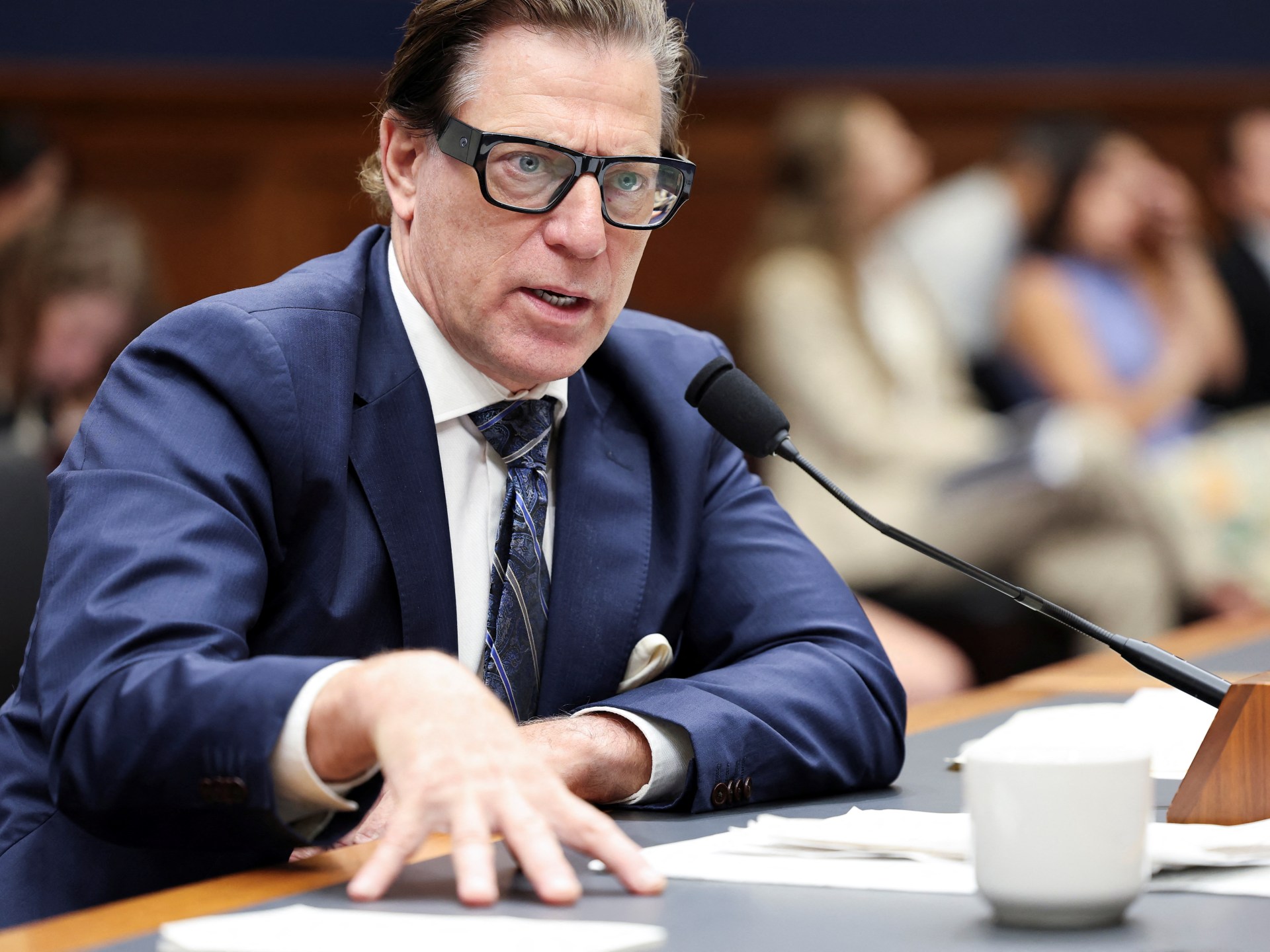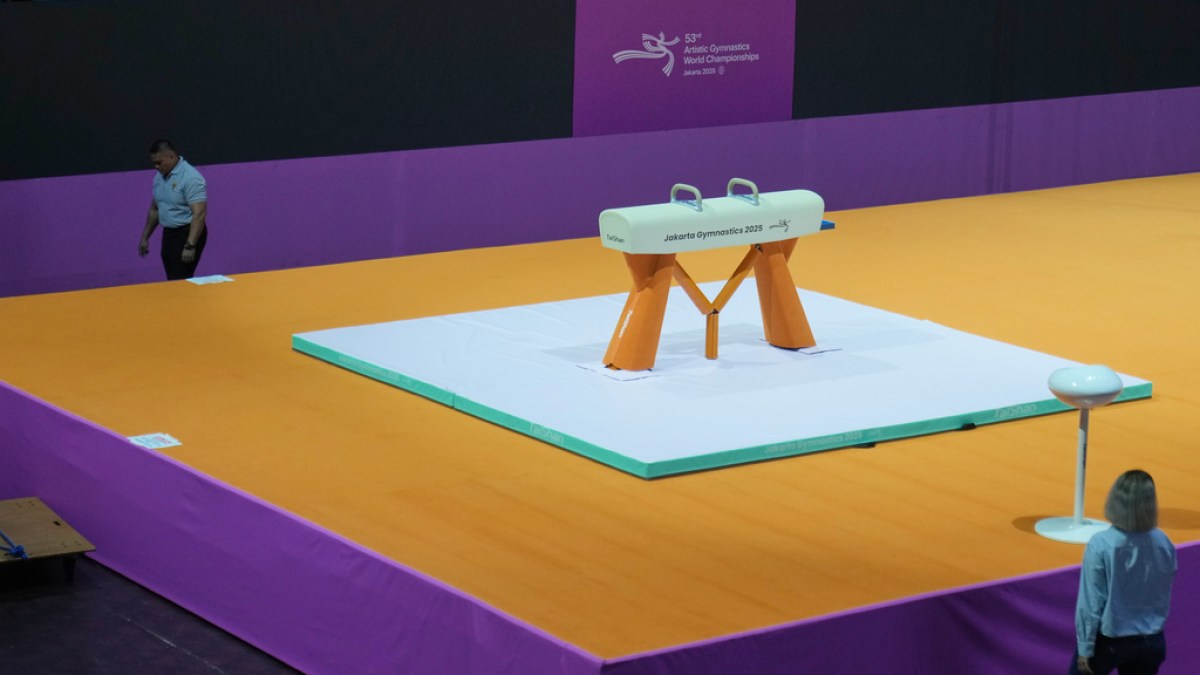General Motors will take a $1.6bn hit in the third quarter as it reshapes its electric vehicle strategy following the scrapping of a key federal incentive that is likely to dampen demand.
The carmaker, based in Detroit, Michigan in the US, announced the news on Tuesday.
Recommended Stories
list of 4 itemsend of list
The company’s disclosure is one of the clearest indications yet that United States automakers are scrambling to adapt their production plans in response to slowing demand for electric vehicles (EVs).
The EV market also faces fresh strain after the administration of US President Donald Trump scrapped a $7,500 federal tax credit for electric vehicles, a key industry support, with auto executives warning of a sharp near-term drop in battery-car sales before an eventual rebound.
In a filing, GM said it expects “the adoption rate of EVs to slow” following recent policy changes, including the termination of certain consumer tax incentives and reduced emissions-rule stringency.
“The charge is a special item driven by our expectation that EV volumes will be lower than planned because of market conditions and the changed regulatory and policy environment,” GM told the Reuters news agency in a statement.
Carmakers are also working to cushion the impact of Trump’s tariffs, which forced GM to take a $1.1bn hit in the previous quarter.
The company has estimated a bottom-line impact of $4bn to $5bn this year from trade headwinds and said it could take steps to offset at least 30 percent of the blow.
“The charge doesn’t come as a surprise given recent market developments and the fact GM had made probably the most aggressive EV push of any traditional automaker,” said Garrett Nelson, a senior equity analyst at CFRA Research.
“We think the automakers who chose to invest more heavily in hybrid vehicle development, such as Toyota and Honda, are poised to benefit in the US auto market.”
More charges
Both GM and crosstown rival Ford had launched a programme that would have allowed dealers to offer a $7,500 tax credit on EV leases after the federal subsidy expired, before walking back on those plans.
The carmaker warned of possible further charges as it reassesses capacity and manufacturing footprint.
The changes will, however, not affect GM’s current portfolio of its Chevrolet, GMC and Cadillac EVs that are in production.
Charges include a $1.2bn non-cash impairment tied to EV capacity adjustments and $400m for contract cancellation fees and commercial settlements.
GM said the charges will be recorded as adjustments to non-GAAP results for the third quarter, scheduled for early next week.





